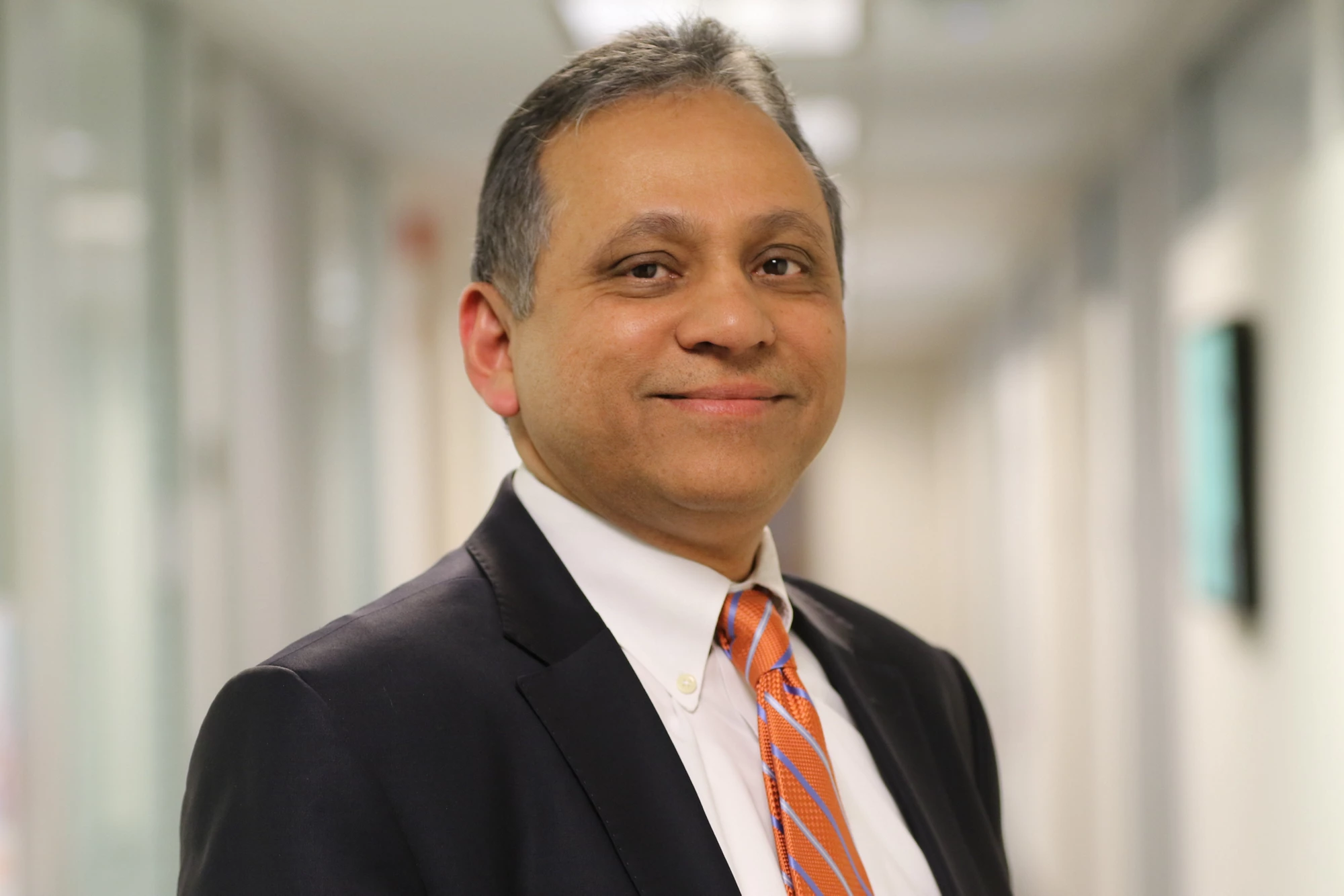In the run up to the UN High-Level Dialogue on Migration and Development that will take place in October 2013, there is a lot of discussion among migration experts on how migration might feature in the post-2015 development agenda. A foremost spokesperson for the migration community is Peter Sutherland, Chairman of Goldman Sachs International and the London School of Economics, and UN Special Representative for International Migration and Development (and former Director General of the World Trade Organization, EU Commissioner for Competition, and Attorney General of Ireland) has published a very timely, useful and well-written op-ed today, titled "Migration is Development". He writes,
"To succeed, the post-2015 agenda must break the original mold. It must be grounded in a fuller narrative about how development occurs – a narrative that accounts for complex issues such as migration. Otherwise, the global development agenda could lose its relevance, and thus its grip on stakeholders....[M]igration is the original strategy for people seeking to escape poverty, mitigate risk, and build a better life."
"There are an estimated 215 million international migrants today – a number expected to grow to 400 million by 2040 – and another 740 million internal migrants who have moved from rural to urban areas within countries. Each typically supports many family members back home, which also helps to lift entire communities."
"This is not to deny that migration has downsides. But migration is here to stay, and it is growing. There can be no return to a monoethnic past, so successful societies will need to adapt to diversity."
"Fortunately, the type of measurable outcomes that the MDGs have thus far demanded are being developed for migration."
"An ideal result would focus attention on the need to reduce the barriers to all kinds of human mobility – both internal and across national borders – by lowering its economic and social costs. Such an agenda includes simple measures, like reducing fees for visas, and more complex reforms, like allowing migrants to switch employers without penalty and increasing the proportion of migrants who enjoy legal protections and labor rights."
We at the Bank are closely involved with the GFMD (currently chaired by Sweden) and the Global Migration Group in trying to come up with development goals and indicators related to migration and post-2015 developement agenda. The KNOMAD is fully engaged in facilitating this process. This exercise will greatly help define the global agenda on migration and development in the coming decade, and hopefully change public perception of migrants in the North and the South.


Join the Conversation